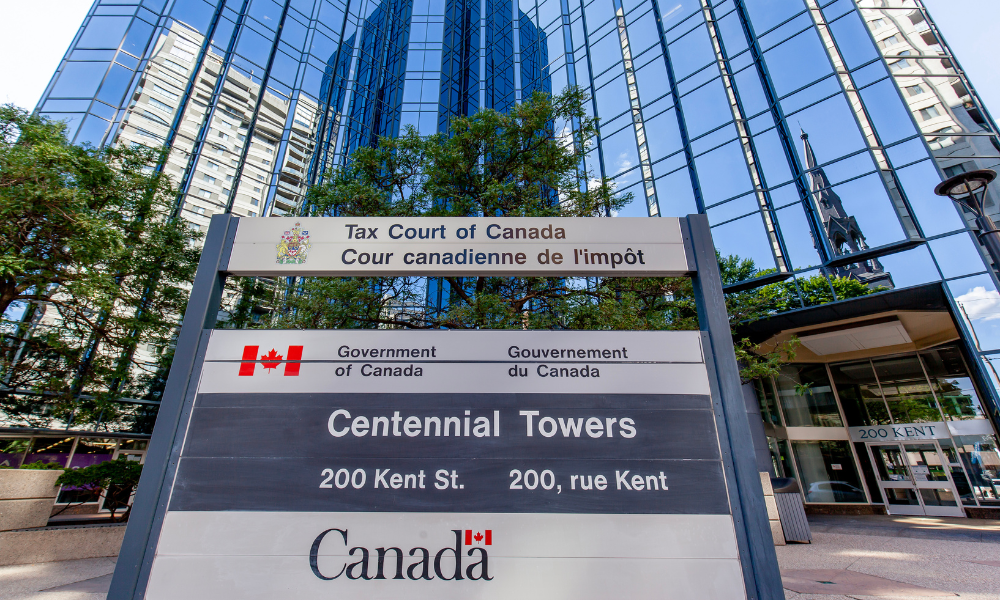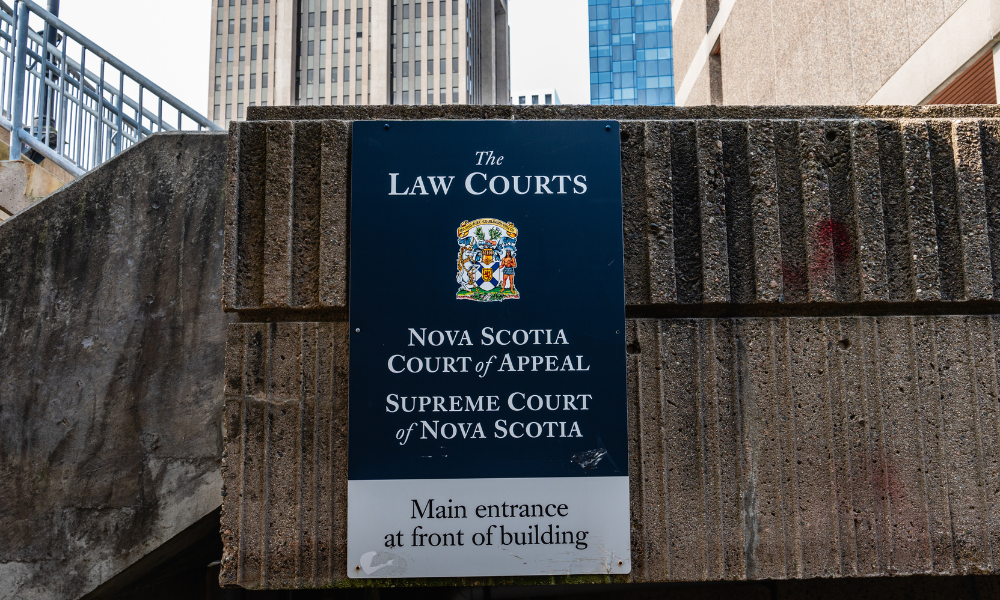Late notice of financial position not material change in circumstances

The Alberta Court of Appeal has ruled that late disclosure of financial situation cannot constitute a material change in circumstances to retroactively reduce child support obligations.
In Peters v. Atchooay, 2022 ABCA 347, Julie Peters and Avery Atchooay had a common law relationship which ended in 2013. They have two children, the eldest of which was born when Peters was 16 and Atchooay was 21. The children resided with Peters after the separation.
Peters sought child support from Atchooay in 2014, which was granted. Atchooay was ordered to pay $1,865 per month, which was based on Atchooay’s income stated in his 2012 tax return – the only financial information available at the time.
In 2021, Atchooay sought to retroactively reduce his child support obligations. He argued that his actual income was substantially less than what he earned in 2012 and submitted his income tax returns from 2014 to 2018.
The chambers judge found that Atchooay established material change in circumstances and reduced his child support retroactively back to January 2015. He found that Atchooay was unable to pay the 2014 child support order due to several financial setbacks and considered among others Atchooay’s loss of his driver’s license due to an impaired driving charge.
On appeal, Peters argued that the chambers judge misapplied the imputation of income approach in cases of intentional underemployment or employment.
The appellate court agreed.
Late disclosure of financial position not material change in circumstances
In the variation application, Atchooay had the onus of establishing change in circumstances and that the drop in income was not voluntary but due to factors beyond his control, said the court.
In this case, the appellate court found that Atchooay’s reasons only inferentially explained his period of underemployment, thus the drop in earnings was not reasonable. Further, while a change in income can constitute a change in circumstances, merely demonstrating a historical decrease was not enough, said the court.
If the child support order sought was based on estimated or “pre-disclosure” income, the payor cannot use eventual, late disclosure to show a change in circumstances, said the court. Atchooay failed to provide ongoing disclosure to Peters concerning his financial situation, and, because of this, Atchooay’s application should have been dismissed for having failed to establish change in circumstances, said the court.
Even if Atchooay was able to establish a change in circumstances, there was no basis to grant retroactive adjustment to January 2015, said the appellate court, ruling that the period of retroactivity should be the date of effective and formal notice, which in this case was in 2021.










